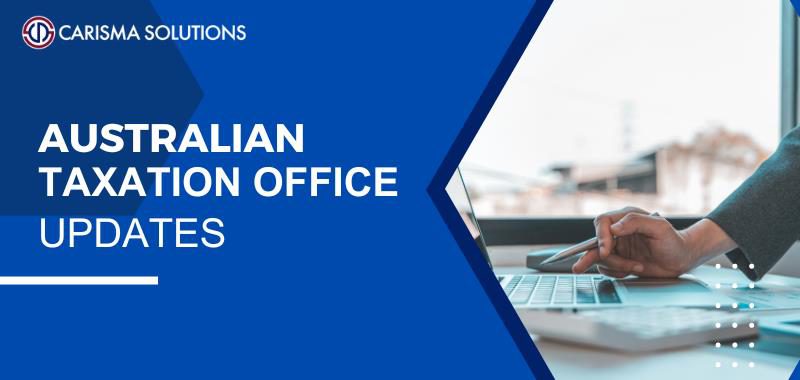Checking for charges over property assets
Self-Managed Super Funds (SMSF) auditors should ensure there are no charges over fund assets as part of completing an annual fund audit.
You should obtain evidence annually that trustees have not given a charge over or in relation to a fund asset by seeking written confirmation from trustees and by reviewing the:
> Property Title to check for encumbrances on real property
> Personal Property Securities Register to check for other parties registering interests against other SMSF assets.
Compliance cases over the last 12 months have identified that a number of auditors have not been gathering appropriate audit evidence to confirm assets held by a fund are not subject to charges. Referrals to ASIC have also included auditors who, amongst other issues, have failed to identify or report contraventions of regulation 13.14 of the Superannuation Industry (Supervision) Regulations (SISR).
Regulation 13.14 of the SISR is a reportable contravention when the reporting criteria have been met.
For audits of funds that hold property assets, auditors should obtain and hold appropriate evidence to confirm the fund has complied with regulation 13.14 of the SISR.
Appointing an SMSF auditor
You need to appoint an approved Self-Managed Super Fund (SMSF) auditor for each income year, no later than 45 days before you need to lodge your SMSF Annual Return (SAR).
Your SMSF’s audit must be finalised before you lodge, as you’ll need some information from the audit report to complete the SAR. You must ensure the correct auditor details are provided in the SAR, otherwise you may be penalised.
Your auditor will perform a financial and compliance audit of your SMSF’s operations before lodging. Remember, an audit is required even if no contributions or payments are made in the financial year.
Your approved SMSF auditor must be:
> Registered with the Australian Securities & Investments Commission (ASIC)External Link – you’ll need to provide their SMSF auditor number (SAN)External Link on your SAR
> Independent – auditors shouldn’t audit a fund where they
– hold any financial interest in, or where they have a close personal or business relationship with members or trustees.
– work for a firm that provides your fund with other services such as certain accounting services, tax, super or financial planning advice.
If a fund doesn’t meet the rules for operating an SMSF, the auditor may be required to report any contraventions to the ATO.
Consultation of new accountability regime
ASIC and APRA has released a package of documents for consultation to support the implementation of the Financial Accountability Regime (“FAR”) by the financial services industry. The FAR, to be enacted by the Financial Accountability Bill 2023, will extend the standards of conduct in the Banking Executive Accountability Regime (BEAR) to all APRA-regulated entities.
The FAR will apply to Authorised Deposit-taking Institutions (ADIs) 6 months after the Financial Accountability Bill 2023 receives assent, and to insurance and superannuation entities 18 months following assent.
To support early engagement with affected entities and to enable the timely implementation of the FAR, APRA and ASIC have released the following documents for consultation:
> Proposed regulator rules that prescribe information for inclusion in the FAR register of accountable persons, including supporting detail about the ADI key function descriptions; and
> Proposed transitional rules that prescribe information to be provided by banking entities in relation to their existing accountable persons under the BEAR at the transition point.
APRA and ASIC will consult on the list of specific key functions for insurance and superannuation entities at a later date. However, non-ADI entities may wish to review the Regulator rules as their key functions are likely to be similar to the list included for ADIs.




